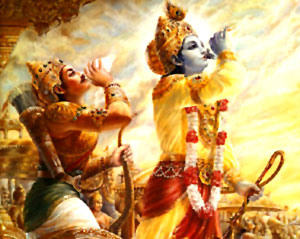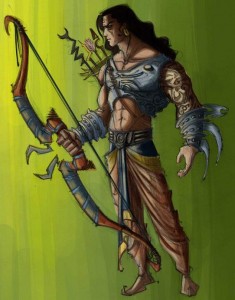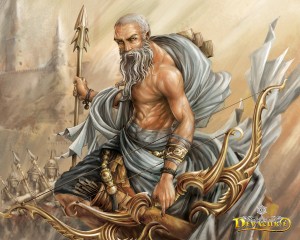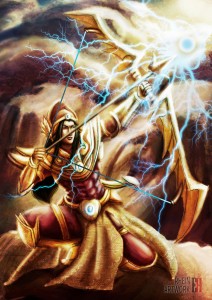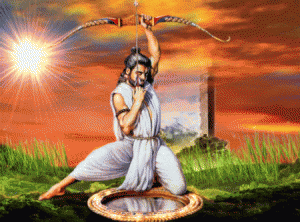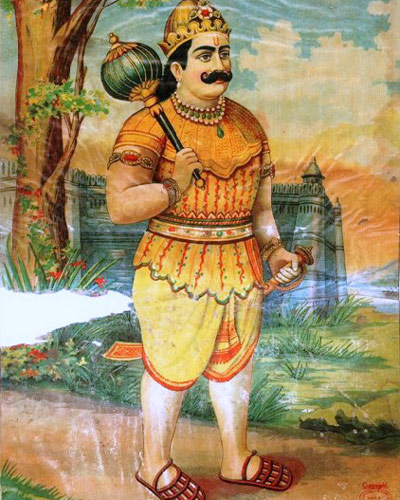BY THE NUMBERS, HINDUISM IS THE THIRD LARGEST RELIGION IN THE WORLD WITH MORE THAN 1 BILLION FOLLOWERS
According to latest statistics, there are nearly one billion people that believe in Hindu religion. The number of worshipers of Hinduism will cross 1 billion any time now. At the moment, 14% of world’s population is Hindu worshipers.
And despite the large number, there are still many misconceptions about one of the largest religions in the world. By the numbers, Hinduism is the third largest religion in the world. By age, Hinduism is regarded as one of the oldest, if not the oldest religion. The belief is that Hinduism “consists of thousands of different religious groups that have evolved since 1500 BC in India”. The most notable feature of Hinduism is freedom of belief and practice, all because of the variety of traditions.
Most of the followers are in India, where Hinduism is the dominant religion. Aside from India, Hinduism is common in Nepal and Sri Lanka (among Tamils). After Christianity and Islam, Hinduism is the largest religion.
NOT ALL HINDU PEOPLE ARE VEGETARIANS
One of the biggest misconceptions is that all people that follow Hinduism are actually vegetarians. The reality is that Hindu people practice vegetarianism, but that is exclusive or obligatory. The reason for popularity of vegetarianism among Hindu people is because they believe “animals are sentient beings”. Because of this, Hindu people refuse to eat meat.
However, statistics show that only 30% to 35% followers actually practice vegetarianism. Others treat themselves with occasional meat. What is true though, is that the minority of Hindu vegetarians actually makes the majority of worldwide vegetarians. According to stats, more than 300 million people in the world are vegetarians, and large number of those are Hindu followers.
One of the principles worth mentioning is “spiritual belief of ahimsa”. This principle preaches for nonviolence against all living things. Negative karma follows after slaughtering and consumption of meat products, but not all Hindu people follow this rule.
Humans are not carnivores, nor are they herbivores. Their physiology and instincts place them 100% firmly in the category of omnivores. So everyone's blood is with the essence of meat !
And thus, you can eat what ever you want !!!
HINDU PEOPLE DO NOT WORSHIP IDOLS
Let’s group this misconception together, as people like to joke about Hindus that they are idol and cow worshipers. Let’s start with worshiping of idols. You’ll never hear a Hindu say that he/she is worshiping an idol. According to their belief, idols are “physical representation of God”. The idols worshiped by Hindus are different, and chosen because of their representation. For example, when starting a new business, Hindus worship Ganesh, who is the elephant god representing success. The irony is that even Western people buy elephant figurines for success.
And remember that the actual Hinduism follows a fact that God is Every where !!!
HINDUISM IS NOT AN ORGANIZED RELIGION
Let’s clarify first what an organized religion actually is. Organized religions have one particular leader of the faith. For Muslims, that is Allah, a singular representation of God. Christians believe in the Holy Trinity of God, which is God the father, Jesus Christ his son, and the Holy Spirit. Buddhism has Buddha. Hindu people have no particular leader of the faith, meaning that their religion is not organized.
Hinduism has never been powered by any sort of empire. Hinduism was never organized, and never in the history of the religion, has it spread through political influence or religious teachings. Hinduism has evolved into a list of teachings. There is no founder, no specific origin date, and no leader of the faith.
And that's why the religion went into many hands, and many people made rules so as to benefit themselves !!!
HINDUISM DO NOT ACTUALLY SUPPORT CASTE SYSTEM
Long ago, back when society was divided into upper and lower classes (aristocrats and slavery), a group of upper-class priests and rich people in India decided to create a new social hierarchy system. The system was called the caste system, and it is one that still holds ground today. The tragic is that the caste system has been associated with Hinduism, not the culture. Caste system was a cultural brainchild, never a religious rule. The discrimination that comes from caste is rooted in the culture of India.
Modern Hindus argue that caste-based discrimination should not be religiously sanctioned. According to them, the discrimination is not intrinsic to Hinduism.
Ask yourself this question -
God is responsible for every birth and death - and if god really wanted the so called untouchables to be untouched , why he will allow their birth ?
In my opinion the caste system was created or caused for and by some groups to be benefited out of it. It doesn't have any religious background !!!
And let us now discuss who is "GOD"?
Theists (believers) argue that God must exist because we exist. Somebody must have made this elaborate universe. Scientific believers (who claim to have proved the existence of God using scientific enquiry) argue that the universe could have come into being only in a very specific situation. Think from the cosmological perspective of the Big Bang etc. There is a specific set of values of universal constants in Physics due to which it was possible for galaxies to form, stars to exist, planets to revolve, life to appear and ultimately for you to read this answer today. Someone must have tuned these for us to exist.
Atheists counter by saying if everything that exists requires a creator then who created God? As per them there are far too many Gods across the world and either all are imaginary or all are true. But they all can't be true because they contradict each other each claiming to be the One True God. Hence all are imaginary. The onus to prove that God exists should fall on the able shoulders of theists because atheists can not prove a negative.
For a break let me ask you some questions,
When did time begin?
Did we invent Math of did we discover it?
Where does your thoughts go when its forgotten?
LOL ! I know you are in confusion now. Let us continue......
To understand God you need to understand religion or more precisely the origin of religion. From time to time in our human civilization there have been great leaders who for the sake of good order have given their people a code of how human beings should live.
Imagine yourself living in a lawless land overcome with anarchy and misery. No respect for the law, wars and rapes and all sorts of nefarious activities abound. You want to change it all. So you make some rules for the people to follow.
Simple common-sensical stuff like “Don't be evil, be good” etc. So you want everyone to obey your laws. You go to the people and tell them to obey and they tell you to put your laws where the sun don't shine.
So you can try to become a tyrant and then make people obey you. Easier said than done. Even if you could, it's an extremely temporary solution - what after you die?
People need fear of someone to keep them on the righteous path because the righteous path is most of the times the most difficult one. Parents do it all the time with kids “Go to sleep little one or the Boogeyman will come and getcha”.
Lord Krishna didn't give a citation for Geeta !!!
Learn the good and leave the bad ....

